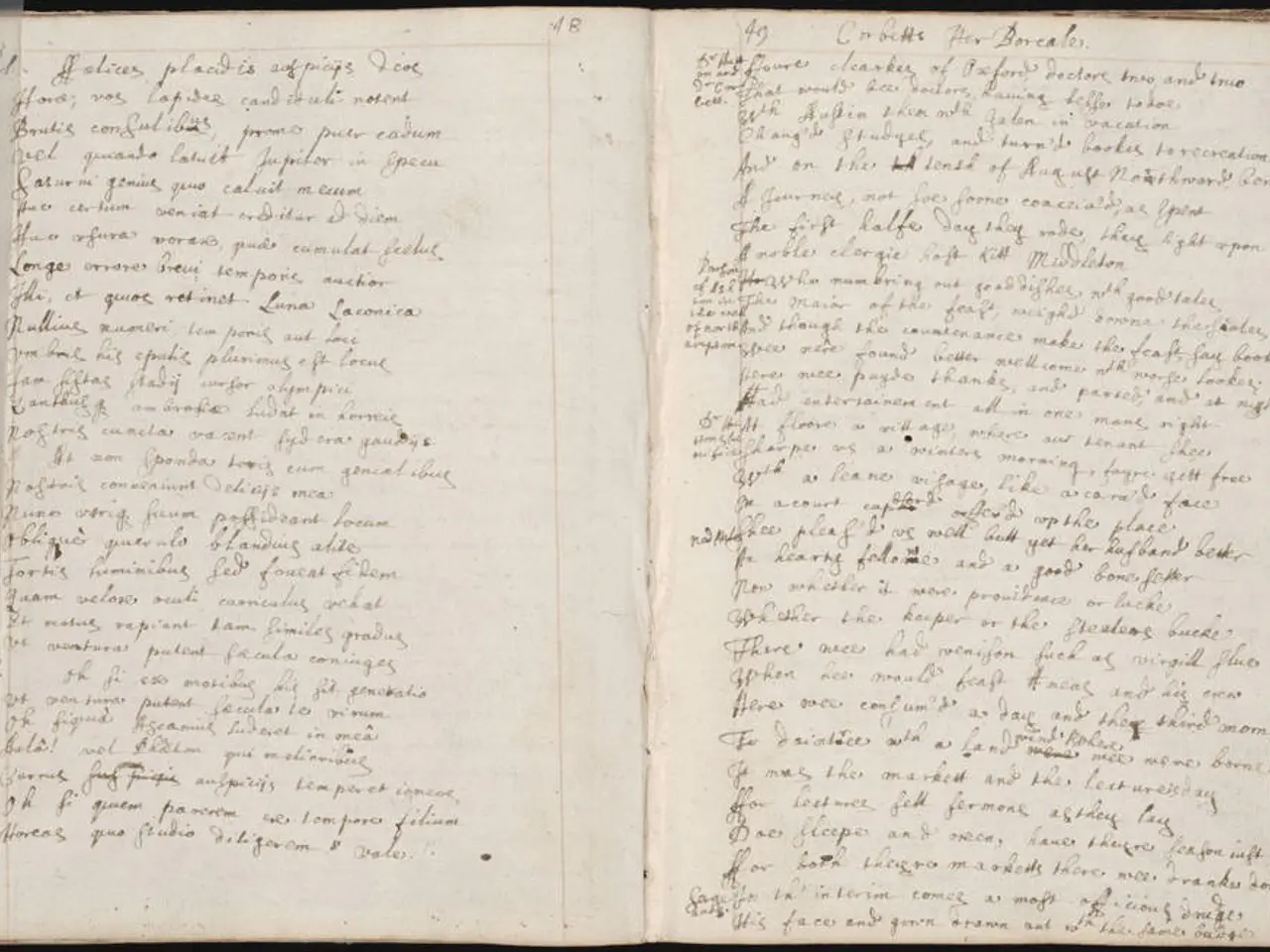Examining Legal Disputes over Trust: Crucial Ideas and Procedures
Trust litigation, a legal dispute concerning the terms or administration of a trust, can be a complex and contentious process. However, recent trends are emphasizing the greater use of alternative dispute resolution (ADR) methods, such as mediation, arbitration, and negotiation, to address these conflicts.
ADR offers several advantages over traditional court litigation. It is generally more expedient, allowing parties to schedule sessions more flexibly and reach resolutions faster. Moreover, ADR approaches help parties preserve relationships, maintain confidentiality, and avoid the lengthy and adversarial nature of trust litigation.
Best practices in ADR for trust litigation include tailoring the process to fit the unique complexities of trust disputes, engaging experienced legal counsel trained in both trust law and ADR techniques, and encouraging early negotiation and mediation to reach mutually acceptable solutions before disputes escalate.
Clear and precise documentation of trust terms and related communications is also essential to minimize ambiguity that often triggers disputes. This includes using extrinsic evidence thoughtfully where intent is unclear, as seen in recent chancery court decisions involving testamentary trusts.
Innovative billing and client service models, such as flat fees rather than hourly billing, are gaining traction in smaller firms handling such disputes. This shift increases pricing transparency and client satisfaction, which can indirectly improve dispute resolution strategies.
The court process in trust litigation includes filing a petition, hearings, discovery, trial, and the possibility of appeal. Trust litigation can impose significant financial ramifications on all parties involved, with legal costs escalating rapidly and potentially depleting trust assets. The emotional and relational consequences can also be severe, including increased stress and anxiety, feelings of abandonment or rejection, strained communication within families, and lasting rifts.
Attorneys play a crucial role in trust litigation, providing expertise in navigating trust and estates law, representing clients in court, and recommending alternative dispute resolution methods. Proactive measures and clear communication are essential strategies in preventing trust litigation, ultimately protecting both the estate and familial relationships.
As technology advances and demographic changes shape the landscape, future trends in trust litigation are likely to reflect a shift towards digitalization and increased reliance on virtual conflict resolution platforms. Ongoing changes in trust laws and regulations will also shape future litigation landscapes, requiring legal practitioners to adapt their strategies to address new forms of trust litigation.
In conclusion, ADR is rapidly becoming the preferred route for resolving trust litigation disputes due to its efficiency, flexibility, and ability to maintain confidentiality and relationships, supported by clear contract/trust documentation and experienced legal guidance. Courts continue to acknowledge extrinsic evidence to discern settlor intent when needed, underscoring the importance of comprehensive record-keeping and careful drafting.
- In the process of alternative dispute resolution (ADR) for trust litigation, it's crucial to engage legal counsel trained in both trust law and ADR techniques, as they can help tailor the process to the unique complexities of trust disputes and recommend effective strategies for reaching mutually acceptable solutions.
- To avoid trust litigation, proactive measures such as clear documentation of trust terms and related communications, using extrinsic evidence thoughtfully where intent is unclear, and innovative billing models like flat fees can protect both the estate and familial relationships, while also indirectly improving dispute resolution strategies.




